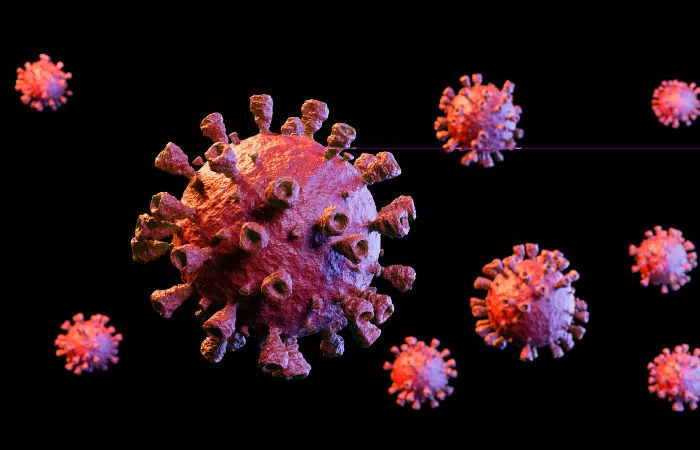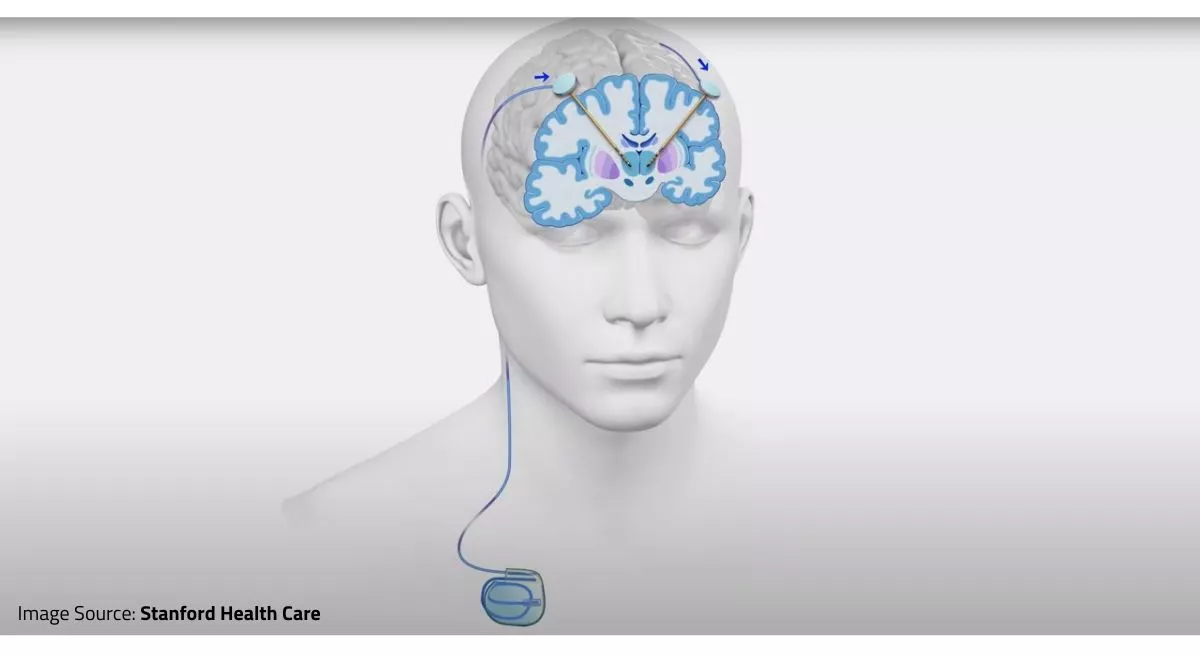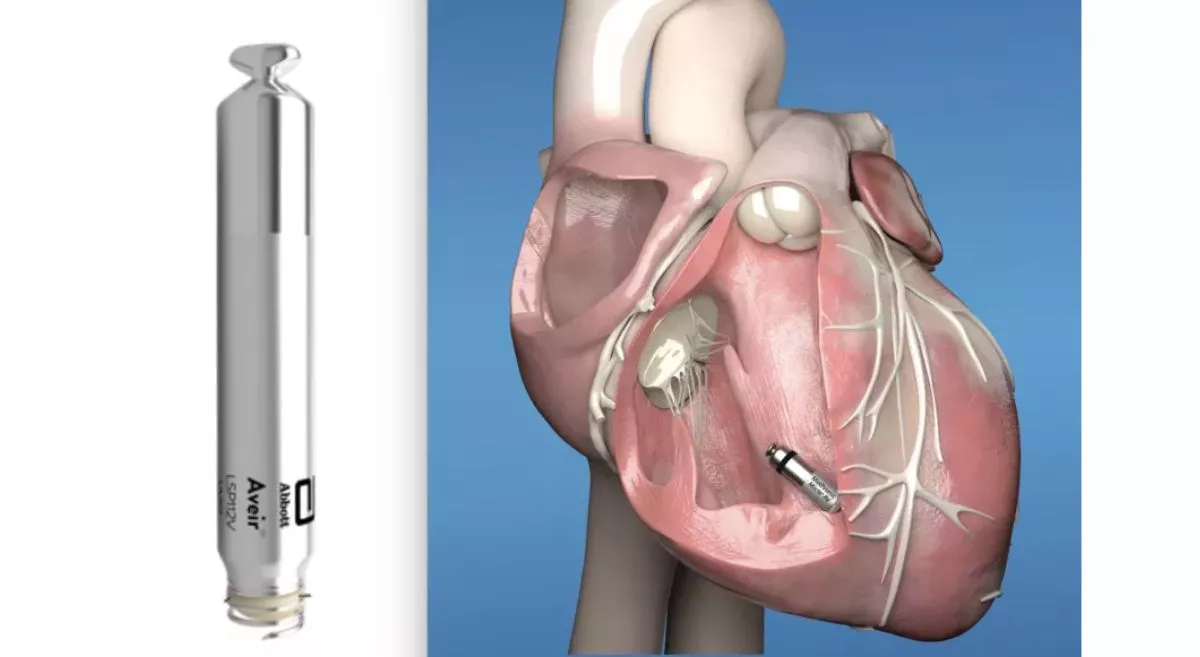Human Metapneumovirus (HMPV) is a notable respiratory virus that presents considerable health risks, especially for vulnerable populations such as young children and the elderly. Understanding the impact of HMPV on these groups is essential, as they tend to experience heightened susceptibility and exhibit more severe symptoms compared to healthy adults. In children, HMPV can lead to serious respiratory illnesses, often manifesting as wheezing, severe coughing, and difficulty breathing. Similarly, in the elderly, the virus can exacerbate pre-existing health conditions, leading to increased hospitalizations and complications. By recognizing the specific vulnerabilities of these populations, we can better appreciate the critical need for targeted prevention and treatment strategies. In this blog, let us explore the hmpv effects on children and elderly.
HMPV Effects on Children
In children, Human Metapneumovirus (HMPV) often presents with a range of symptoms reminiscent of other respiratory infections, including persistent cough, high fever, and nasal congestion, which can make breathing labored. The impact of HMPV on young patients can be serious, potentially leading to complications such as bronchiolitis, a condition that inflames the small airways in the lungs, or pneumonia, which involves infection in the lungs themselves. These complications can escalate to the point where hospitalization becomes necessary for proper treatment and monitoring.
Children with pre-existing health conditions, including asthma or congenital heart defects, face an increased risk, as their vulnerable immune systems have a harder time fighting off the virus. This underscores the importance for parents and caregivers to vigilantly watch for worsening symptoms. Timely medical attention can be crucial in managing HMPV infections and preventing more severe health issues.
HMPV Effects on the Elderly
The elderly population is profoundly impacted by Human Metapneumovirus (HMPV) due to a multitude of age-related factors. One significant contributor is immunosenescence, the gradual deterioration of the immune system that occurs with aging. This decline in immune function leaves older adults particularly vulnerable, as their bodies struggle to mount an effective defense against infections. Consequently, when infected with HMPV, elderly individuals may experience not only severe respiratory distress but also more prolonged periods of illness.
Additionally, the risks of complications—such as the development of secondary bacterial infections—are markedly elevated in this demographic. The presence of chronic health conditions commonly seen in older adults, including diabetes, heart disease, and chronic lung disorders, further amplifies their susceptibility to the adverse effects of HMPV. These overlapping health challenges can lead to significantly poorer health outcomes, making it crucial for caregivers and healthcare providers to closely monitor and support the elderly during such infections.
Symptoms and Diagnosis
Both children and elderly patients may exhibit similar symptoms when infected with HMPV.
Common signs include
- Persistent cough
- Fever
- Runny nose
- Fatigue
In severe cases, they may experience wheezing or difficulty breathing. Due to these overlapping symptoms with other respiratory viruses like influenza or RSV (Respiratory Syncytial Virus), accurate diagnosis is vital. Healthcare providers often rely on clinical evaluation and may utilize PCR testing for confirmation.
Seeking Expert Care
For individuals experiencing severe symptoms or complications from HMPV, consulting a specialist is essential. The best pulmonologists in India are equipped to provide comprehensive care for respiratory illnesses. They can offer tailored treatment plans that address the unique needs of vulnerable populations like children and the elderly. These specialists possess extensive knowledge of the latest research and treatment protocols for managing HMPV infections effectively.
Who Is Most at Risk of Severe HMPV?
1. Young Children
- Infants under 5 months face the highest hospitalization risk due to immature immune systems.
- Premature infants (born at <37 weeks) are especially vulnerable to severe bronchiolitis or pneumonia.
- Households with ≥3 children increase exposure risk.
2. Older Adults (65+ years)
- Age-related immune decline and comorbidities (e.g., heart disease, COPD) heighten susceptibility to severe outcomes like pneumonia.
3. Immunocompromised Individuals
- Those with HIV, cancer, or autoimmune disorders, or those taking immunosuppressants, struggle to combat infections.
4. Chronic Health Conditions
- Heart disease (linked to 11.5% of pediatric hMPV hospitalizations) and chronic lung diseases (e.g., asthma, COPD) worsen outcomes.
5. Environmental Risks
- Crowded settings (daycares, hospitals) and household tobacco smoke elevate transmission risk.
Treatment for HMPV in Adults and Children
There are no targeted antivirals or vaccines for HMPV. Management focuses on symptom relief and prevention:
For Mild Cases
- Hydration: Water, broths, or electrolyte drinks to prevent dehydration.
- Fever/pain management: Acetaminophen or ibuprofen (dose carefully for children).
- Rest and humidifiers: Ease congestion and support recovery.
For Severe Cases
- Hospitalization may be needed for oxygen therapy or mechanical ventilation, especially in high-risk groups.
- Monitor breathing: Rapid or shallow breaths require urgent care.
Prevention Strategies
- Hand hygiene: Frequent washing with soap or sanitizer.
- Isolate infected individuals: Reduce spread in households/hospitals.
- Masks and ventilation: Limit exposure in crowded areas.
Conclusion
Gaining a comprehensive understanding of the effects of Human Metapneumovirus (HMPV) on both children and the elderly is essential for facilitating timely interventions and effective management of this viral infection. These groups are particularly susceptible due to inherent physiological vulnerabilities, making them more at risk for severe illness. Recognizing the early symptoms of HMPV—such as cough, wheezing, and fever—paired with proactive prevention measures like vaccinations, frequent handwashing, and social distancing during peak seasons can substantially lessen its impact.
Moreover, seeking care from leading pulmonologists in India is crucial, as these specialists are equipped to provide optimal treatment tailored to the unique health needs of vulnerable patients. Their expertise can lead to better outcomes and more personalized care strategies.
If you or a loved one is experiencing severe respiratory issues due to HMPV, consulting the best pulmonologists in India can ensure the best possible care. Contact us today for expert guidance.





